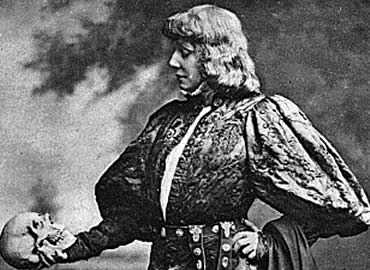
I’ve used this before, but the internet needs more reverse trap Hamlet.
I have an unsubstantiated theory that any boys who encounter Hamlet during their adolescence will become slightly obsessed with the play. It is very easy to read Hamlet as a misanthropic, withdrawn and rather ’emo’ teenager, and – though this would seem very alien to the original audience, who lacked the concept – it’s no surprise that 21st century teenagers identify with him.
You can probably detect the voice of personal experience here, though I no longer identify with Hamlet in quite that way. For a start, although his age is much-disputed, there is textual evidence for a rather older Hamlet. And withdrawn teenagers are, for the most part, boring. But the obsession itself is harder to escape; to this day, productions of the play have me reaching for my wallet with the same irrational fervour that others use for figurines. (‘Ooh, look! A 1:8 Ophelia, “distracted, playing on a lute, and her hair down, singing“!’)
And so it is that we come to Self Made Hero’s ‘Manga Shakespeare’ version of Hamlet. It’s a strange (though hardly the strangest) concept. Curiosity drove me to buy it. But is it manga? Is it Hamlet? And what’s it actually like?
Continue reading →




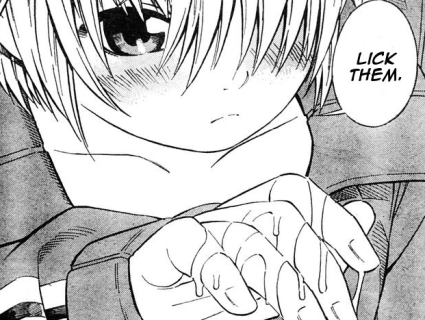
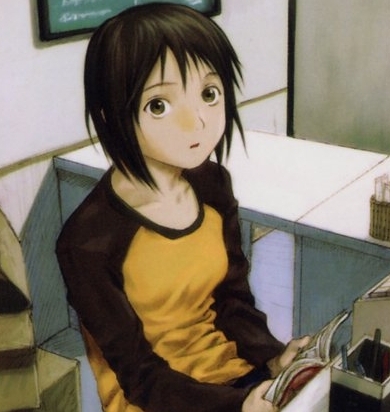

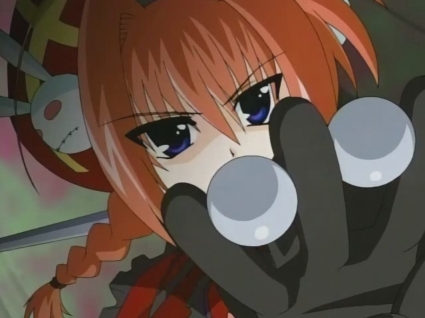
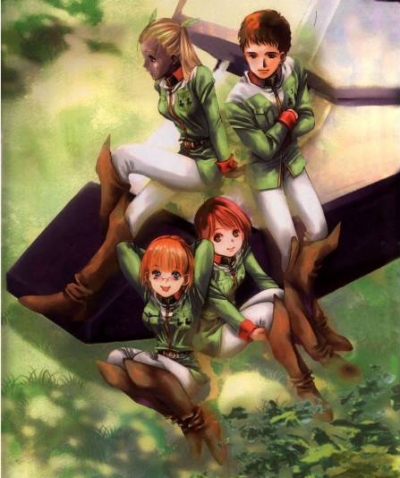

Encroaching Emotion
I recently joined Goodreads, partly because I hope it’ll give me the chance to slap more people in the face with my lit-peen and partly because I find it useful to have a place to look up books I’ve read in the past — going through the bibliographies of past work is a time-consuming and haphazard method. I’d include a link to my profile, but I don’t want to, so I won’t. Continue reading →
29 Comments
Posted in commentary, dead tree format
Tagged aesthetics, goodreads, myanimelist, notes, serio ludere